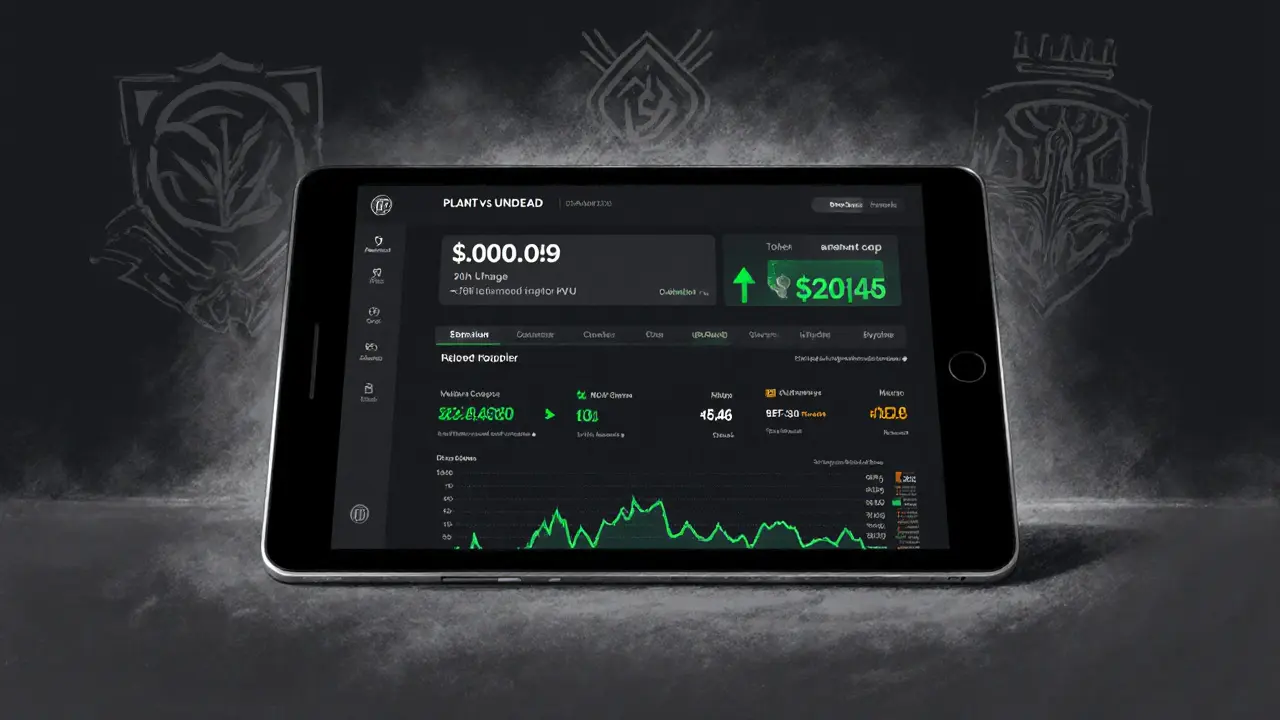A clear, no‑fluff guide to Golden Dog (DOGS) crypto coin-its launch, tokenomics, market data, risks, and why it currently has no real value.
BNB Smart Chain Token Guide: What You Need to Know
When working with BNB Smart Chain token, a digital asset built on the Binance Smart Chain that follows the BEP-20 standard. Also known as BSC token, it powers everything from DeFi apps to NFT drops and is a key player in the crypto market today.
The BEP-20, the token specification used on Binance Smart Chain defines how tokens behave, how wallets interact with them, and how developers can create interoperable contracts. Because BNB Smart Chain token uses the BEP-20 standard, it can be swapped on major DEXs, staked in yield farms, and listed on centralized exchanges without extra wrappers. This relationship means a token’s liquidity and security depend heavily on the underlying BEP-20 code, making token audits a must‑do step for any project.
Another core piece of the puzzle is the Binance Smart Chain, a high‑performance blockchain that offers low fees and fast finality. The chain enables developers to launch scalable DeFi protocols and NFT marketplaces, which in turn fuels demand for BNB Smart Chain tokens. When a new DeFi protocol launches, it often creates its own BEP-20 token that participants can earn, trade, or stake, tying the token’s success directly to the health of the BSC ecosystem.
Why Airdrops and DeFi Matter for BNB Smart Chain Tokens
Airdrop, a distribution method where free tokens are sent to eligible wallets has become a popular way to bootstrap community interest in new BNB Smart Chain tokens. An airdrop can boost a token’s user base overnight, but it also creates volatility as recipients trade the free tokens. Understanding the airdrop mechanics—eligibility criteria, claim procedures, and lock‑up periods—helps investors gauge short‑term price swings and long‑term adoption potential.
DeFi projects on BSC rely on tokenomics that reward liquidity providers, borrowers, and stakers. Tokens like WEMIX.Fi, a GameFi‑focused BEP-20 token or Bonk 2.0, a meme‑style BEP‑20 token illustrate how token design influences user behavior. When a token offers high staking yields, it draws capital into the protocol, which can improve its price and network effects. Conversely, overly aggressive rewards may lead to unsustainable inflation, underscoring the need for balanced tokenomics.
All of this means that anyone looking at BNB Smart Chain tokens should consider three interlocking factors: the BEP-20 framework that defines technical compatibility, the Binance Smart Chain environment that provides the infrastructure, and the DeFi/airdrop incentives that drive user participation. Below you’ll find a curated collection of articles that break down each of these areas, from validator economics to airdrop claim guides, helping you make informed decisions about BNB Smart Chain tokens.
Discover what Plant vs Undead (PVU) token is, its tech on BNB Smart Chain, price, gameplay, tokenomics, and how to start earning today.


